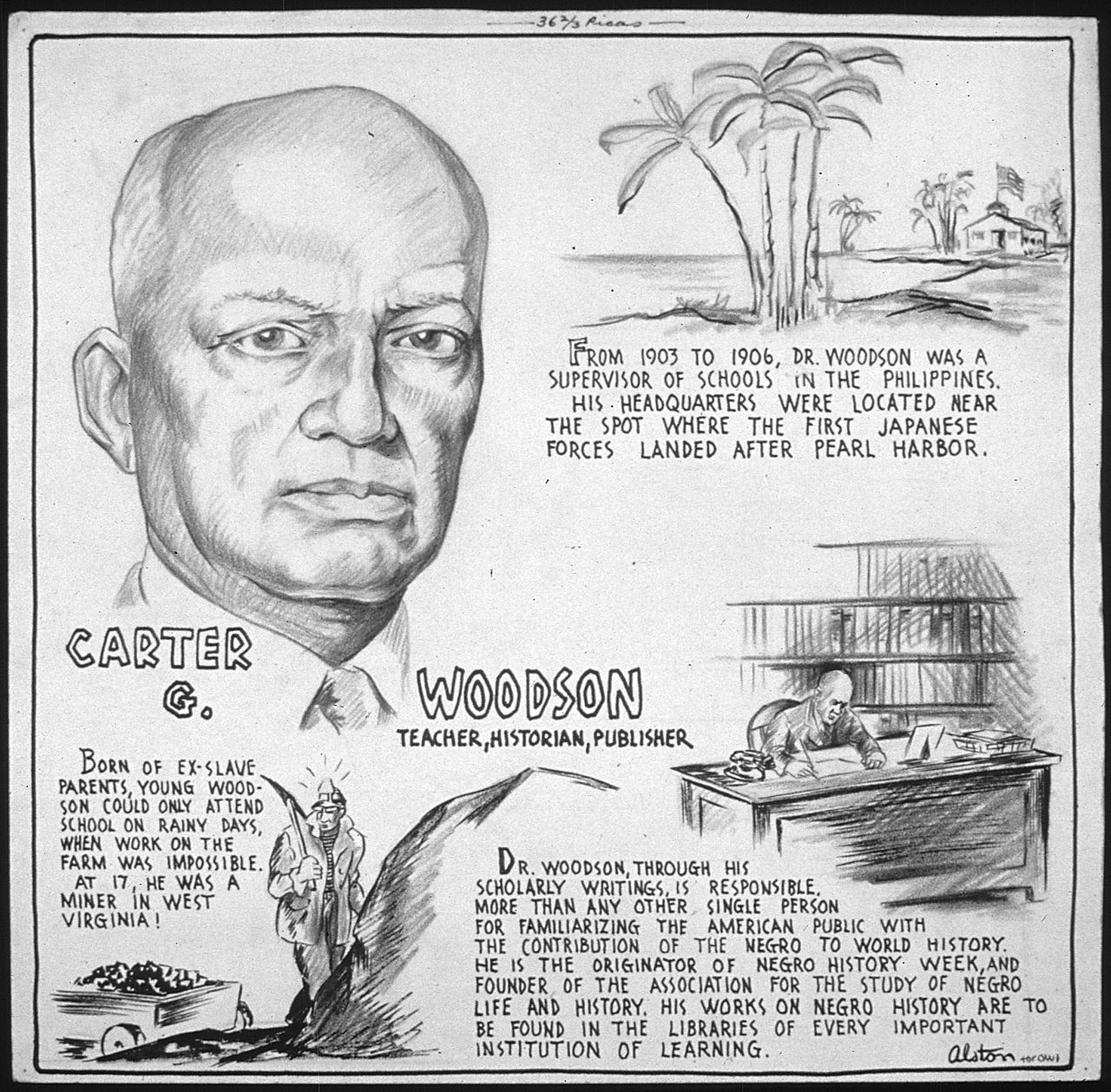
Celebrated every February, Black History Month is an annual commemoration to honor and recognize the central role of African Americans in U.S. history and reflect on their continued struggle for racial justice. While President Gerald Ford is credited for officially recognizing what is also called African American History Month in 1976, the idea was the brainchild of American historian and author Dr. Carter G. Woodson.
The chain of events to this all-important celebration began in 1915, with the establishment of the Study of Negro Life and History — now called the Association for the Study of African American Life and History (ASALH). Founded by Woodson and Jesse Moorland, a prominent minister and philanthropist, its mission was to educate the nation about the history, sacrifices, and achievements of African Americans and people of African heritage.
In 1926, in a bid to share his passion for black history with students, Woodson initiated "Negro History Week" to help school systems coordinate their focus on the topic. He selected the second week of February to encompass the birthdays of President Abraham Lincoln (February 12), who abolished slavery, and famed abolitionist Frederick Douglass (Feb 14), who escaped from slavery.

The event was wildly successful and educators countrywide soon began clamoring for suitable instruction materials for their students. Woodson and the ASALH responded by establishing an annual theme — to focus the public's attention on important developments that deserved emphasis — and providing teachers with appropriate lesson plans and classroom posters. By the time Woodson died in 1950, Negro History Week had become an annual event in many cities and towns across the country.
By the 1960s, African Americans on college campuses became increasingly aware of their African lineage, and Negro History Week began to be rapidly replaced with Black History Week. In 1976, the bicentennial anniversary of the adoption of the Declaration of Independence, the ASALH used its influence to officially change the name and make it a month-long celebration.

Today, Black History Month is one of the most celebrated cultural heritage months on the American calendar. Schools mark the occasion by highlighting the achievements and contributions of prominent African Americans like Dr. Martin Luther King Jr., as well as those who were less prominent but equally important. Among the extensive list are Madam C.J. Walker, the first black self-made millionaire, Hiram Rhodes Revels, the first African American US Senator, and George Washington Carver, the man who brainstormed 300 different products made from peanuts.
The ASALH and other institutions, such as the National Museum of African American History in Washington DC, as well as libraries, also offer a host of educational programs, many centered around an annual theme. 2021's theme, “Black Family: Representation, Identity, and Diversity," celebrates the diversity of black families, which include single to two-parent households to extended to bi-racial.
Resources: History.com, asalh.org, USAtoday.com, Oprahmag.com
